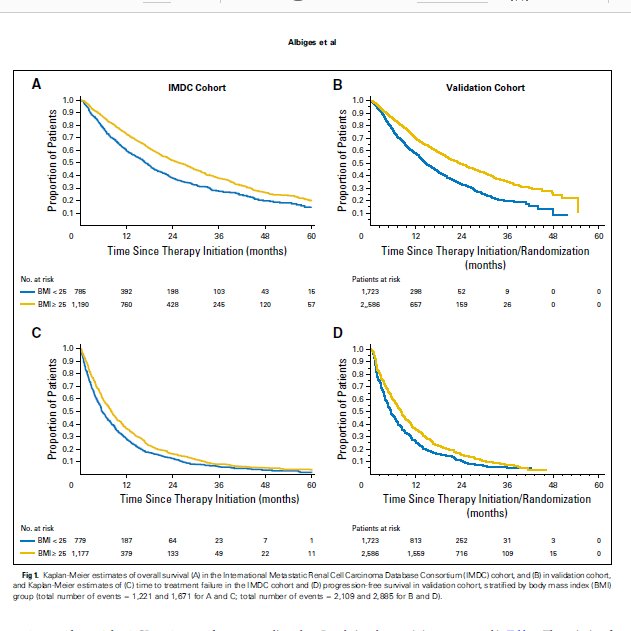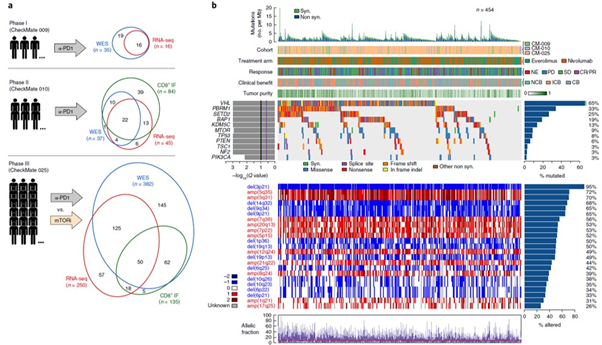Discover and read the best of Twitter Threads about #kidneycancer
Most recents (10)
Radiotherapy for renal cell carcinoma: current status and future directions
#RadOnc #kcsm #KidneyCancer @ASTRO_org @ESTRO_RT @ARRO_org @RadoncUh
Thread🧵

#RadOnc #kcsm #KidneyCancer @ASTRO_org @ESTRO_RT @ARRO_org @RadoncUh
Thread🧵
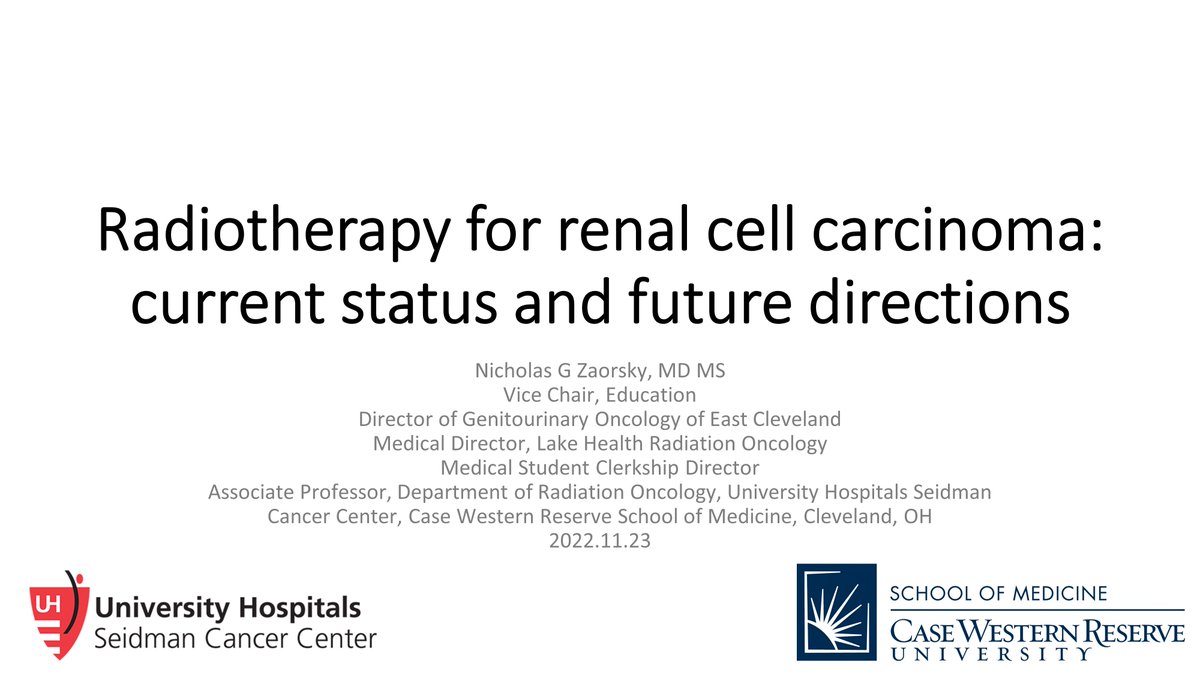

Thanks to @_ShankarSiva @DrAlexLouie @rob_uzzo @uretericbud @whallradonc @LPonsky @LeilaTchelebi for improving quality of this talk.
Thanks to @AmarUKishan @UCLA for invite to present.
Thanks to @AmarUKishan @UCLA for invite to present.
For reference, kidney cancer staging is here.
Currently, role of #radonc is for smaller cancers (eg, T1a/b, some T2) and metastatic disease.
Currently, role of #radonc is for smaller cancers (eg, T1a/b, some T2) and metastatic disease.
While it wasn't the same as being in person, the 2022 @SU2Cscience Scientific Summit Community Gathering was inspiring as always. Excellent talk from @NCIDirector on strides being made, and work yet to be done. A few key points that resonated. 🧵 1/7 

Cancer mortality is down. Oncology leads the way in biomedical research that translates to tangible results for patients, with a striking number of new FDA approvals annually. One of the drivers of this success is our growing understanding of cancer biology through basic science 
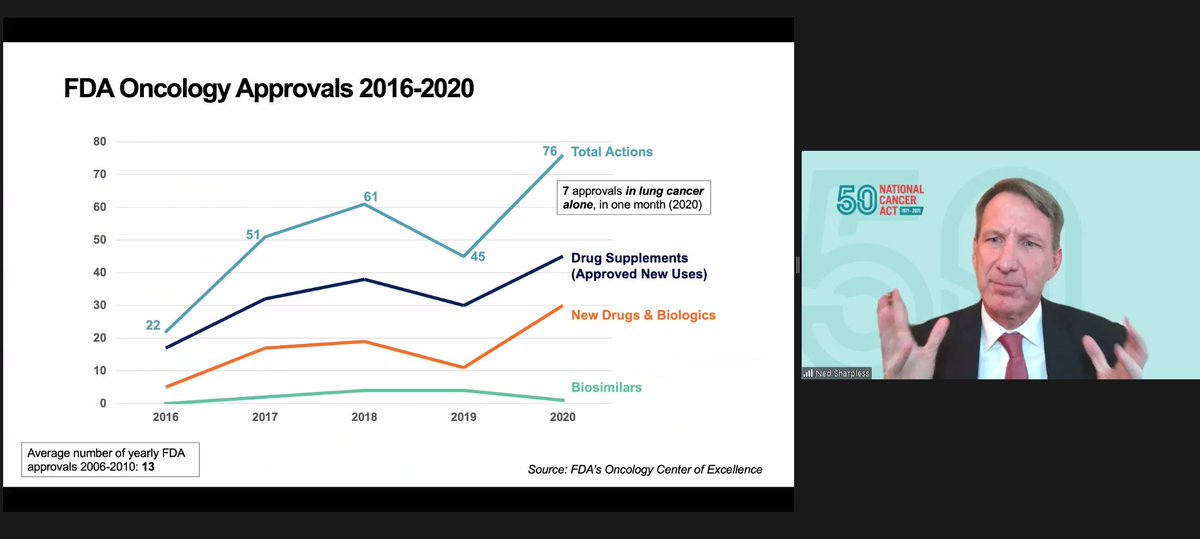
A great example of this is the #kidneycancer drug belzutifan. Building upon the @NobelPrize winning research from @kaelin_lab researchers at @UTSWNews developed this drug, it was further tested and re-formulated by a small biotech (Peleton therapeutics) then bought by @Merck 

1/ On the heels of @ASCO #ASCO21 plenary, we are happy to share the results of KEYNOTE-564 trial of adjuvant pembrolizumab in mRCC just published in @NEJM ! A step towards better outcomes for all our patients with kidney cancer!
nejm.org/doi/full/10.10…
@OncoAlert @tompowles1
nejm.org/doi/full/10.10…
@OncoAlert @tompowles1

2/ Following nephrectomy for kidney cancer, a significant percentage of patients will experience disease recurrence, most of them with distant metastases, highlighting the need for effective adjuvant therapies.
3/ Despite many decades of research and clinical investigations, there are currently no globally approved adjuvant regimens for the management of #kidneycancer
My take on #ASCO21 plenary data on adjuvant pembrolizumab for #kidneycancer: Promising DFS results are a good start. It is not surprising that OS is immature. This could very well be the way we treat high-risk localized RCC pts post-nephrectomy in the future. 1/4
9% abs diff in 24 month DFS, corresponds to NNT of 10-11. For stage III melanoma (pembro vs placebo - KEYNOTE-054), abs diff in 24 month RFS was 15-20% depending on stage (NNT 5-6). This will be a nuanced decision in clinic with lots of personalized risk-benefit discussion. 2/4
It would be really helpful to have biomarkers for IO toxicity. G3 treatment-related tox 18% with pembro, 7% required high dose steroids. Continued efforts to identify those most likely to have toxicity (or most likely to benefit) will help us to tailor therapy. 3/4
Just out @NatureMedicine: Inhibition of HIF-2 alpha in RCC with belzutfian (MK-6482) - phase 1 trial and biomarker analysis- 1st study to report on the 2nd gen. HIF-2 inhibitors in pts with metastatic ccRCC!! @OncoAlert
A THREAD!
nature.com/articles/s4159…

A THREAD!
nature.com/articles/s4159…


1/The HIF2 axis biology is fascinating culminating in a 2019 @nobel prize, including our own @DanaFarber @kaelin_lab 





2/In this study: 95 patients were enrolled (dose-escalation cohort: n=43 and dose-expansion cohort: n=52). Among these, 55 had advanced ccRCC, with a median age of 62 years, a median of 3 previous systemic therapies, and 76% (n=42) with intermediate/poor @IMDConline risk groups.
It's Monday AM post-@ASCO #GU21 & clinic starts in a couple of hours! Lots to process - I'll try to tackle optimal 1L tx for #kidneycancer. I'll make a case for cabo/nivo, leaning on the beautiful (& timely) tables below from @lalaniMD, @SoaresAndrey & @brian_rini (1/15) 


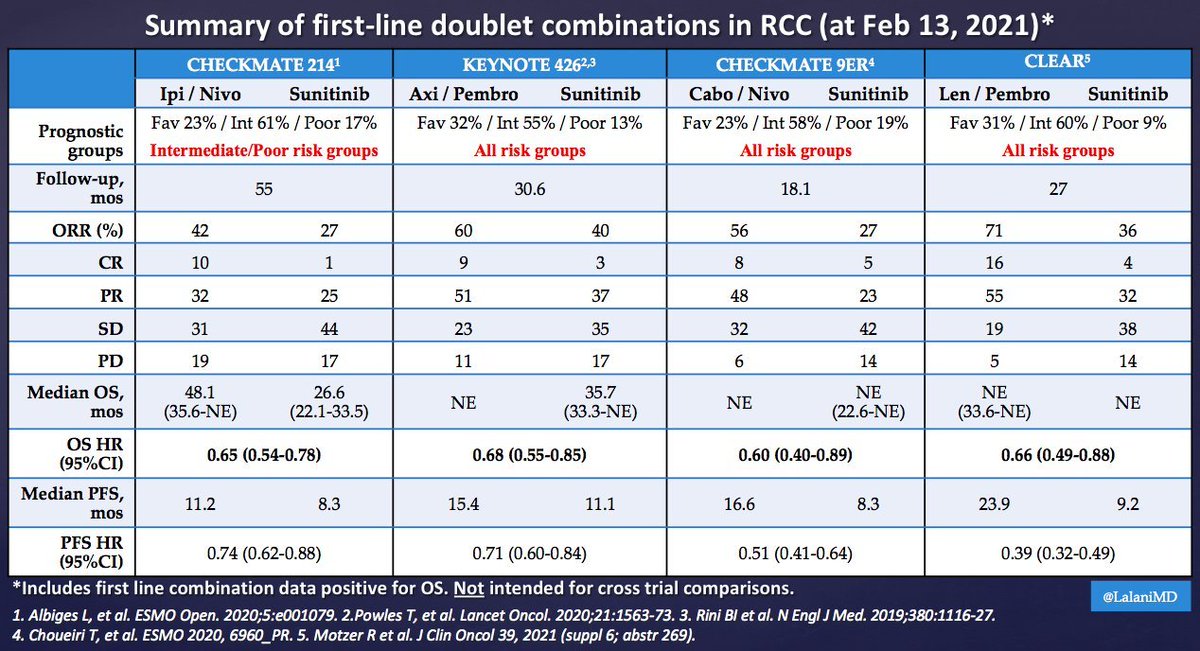

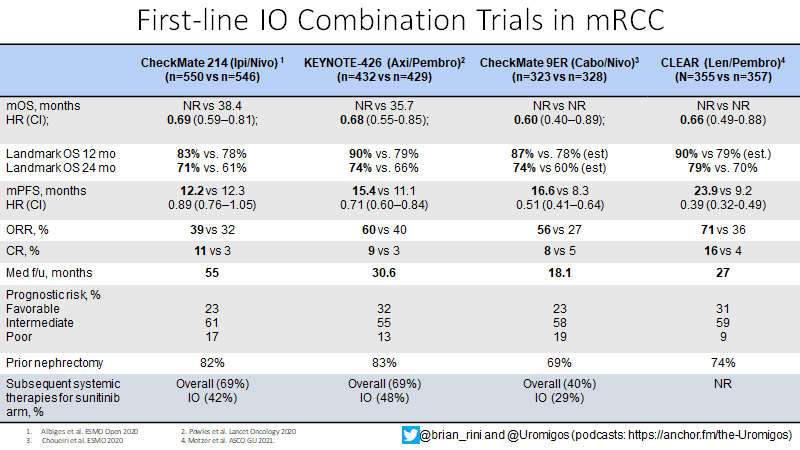
What about IO/IO? We have long f/u w #CM214 data w nivo/ipi, no doubt (@AlbigesL et al in @myESMO Open). And treatment-free interval discussed by McDermott @BIDMChealth is no doubt impt. But we've known data not as impressive for favorable risk (2/15) 


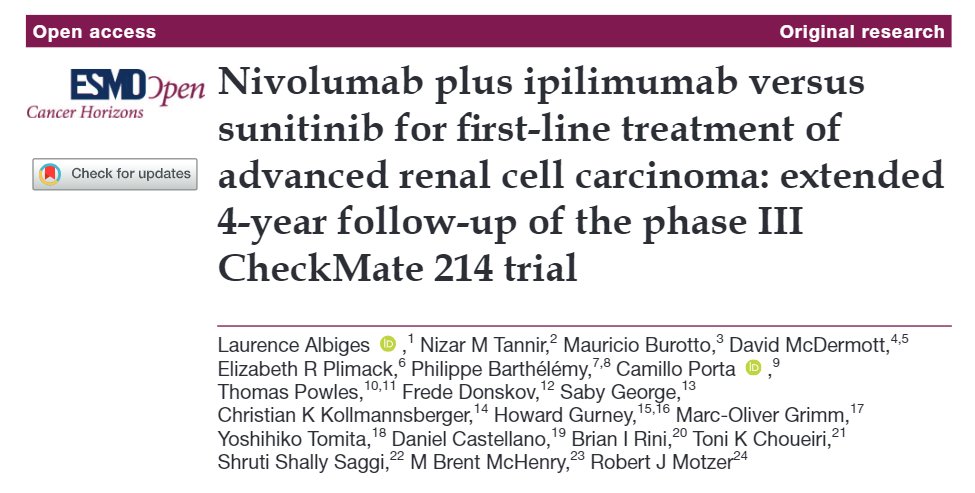
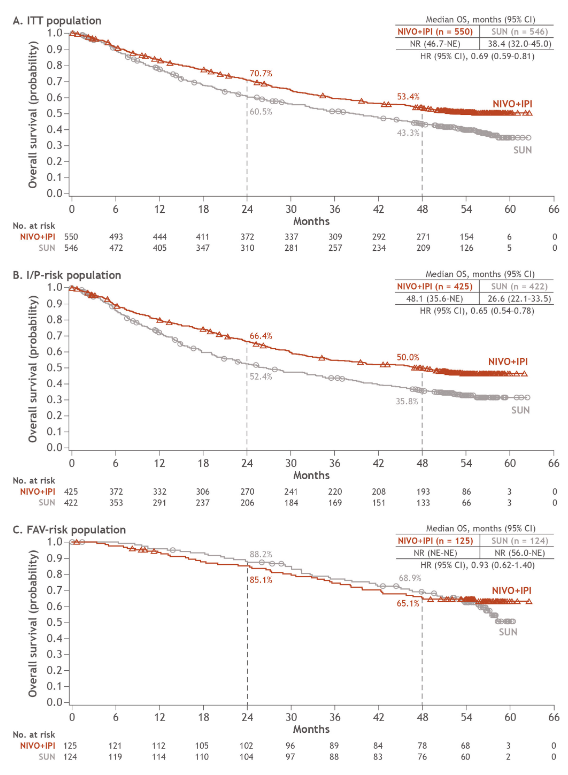

And furthermore, as @ERPlimackMD points out in another tweet, impt to look at primary PD rates (seen in @lalaniMD's table) - nivo/ipi at 19%!!! CR rate used to be something we highlighted w nivo/ipi, but now comparable across studies (3/15) 
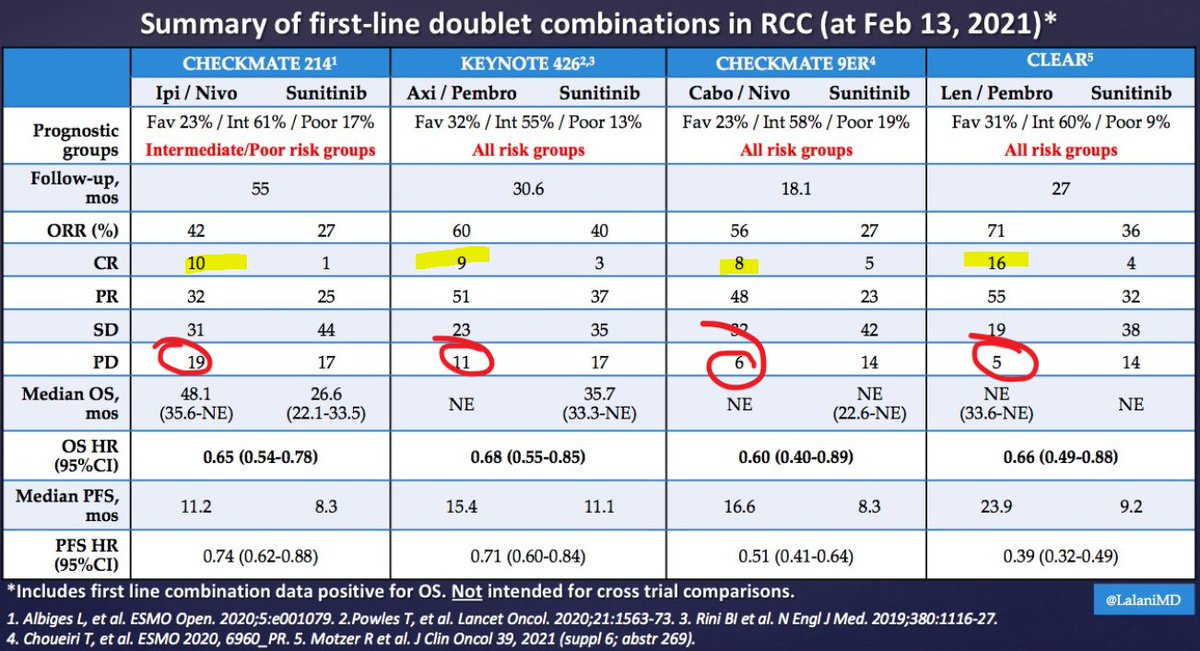
Excited to share the results of @SWOG 1500, which we are presenting at @ASCO #GU21 & reporting in @TheLancet today. 1st, THANK YOU to patients & families. 2nd, hats off to a tremendous group of investigators. This was a team effort! Wanted to share how it all began: (1/13) 





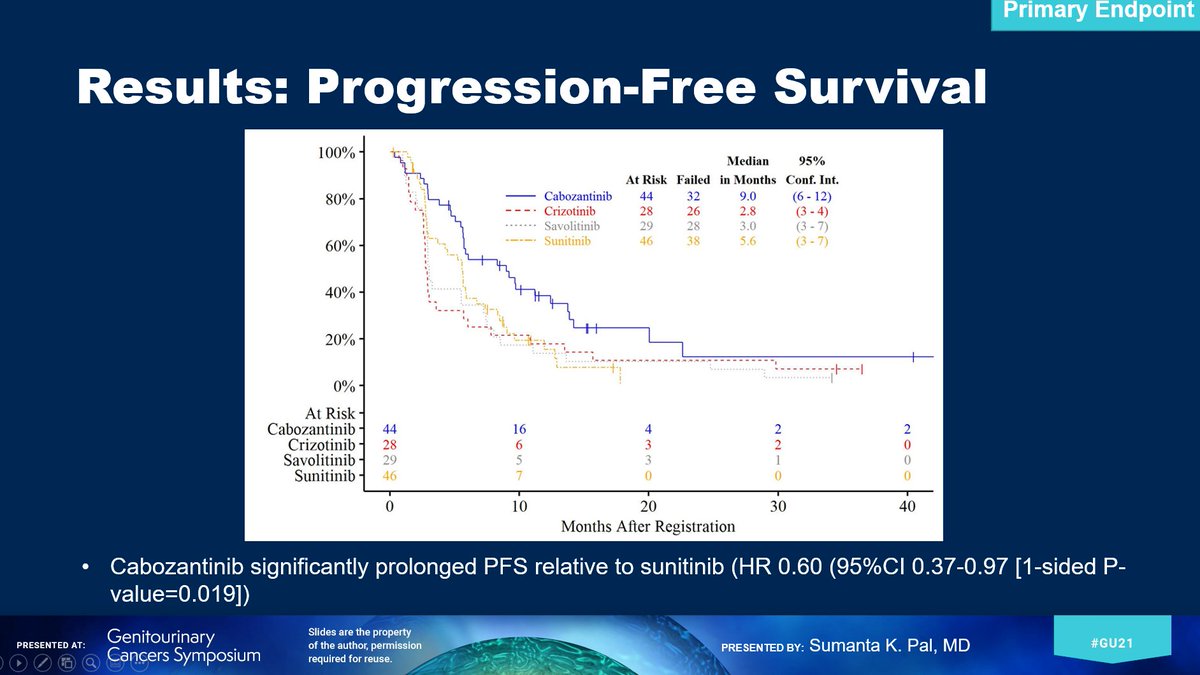

A telling snapshot from my "S1500 folder" on my computer. With mentorship from @PrimoLaraMD I submitted the concept 1st in 2012. Had advice from my mentor @DrChoueiri at the time as I conceived of the study design - interestingly, the proposal was XL184 (cabo) v sunitinib! (2/13) 

My dear friend @Jeremy_O_Jones helped me w some preclin work & with emerging evidence from the P1 trial that @DrChoueiri #DrMcDermott #DrJanDutcher & I (along with others), we proposed the following formal design to the group in 2013: (3/13) 



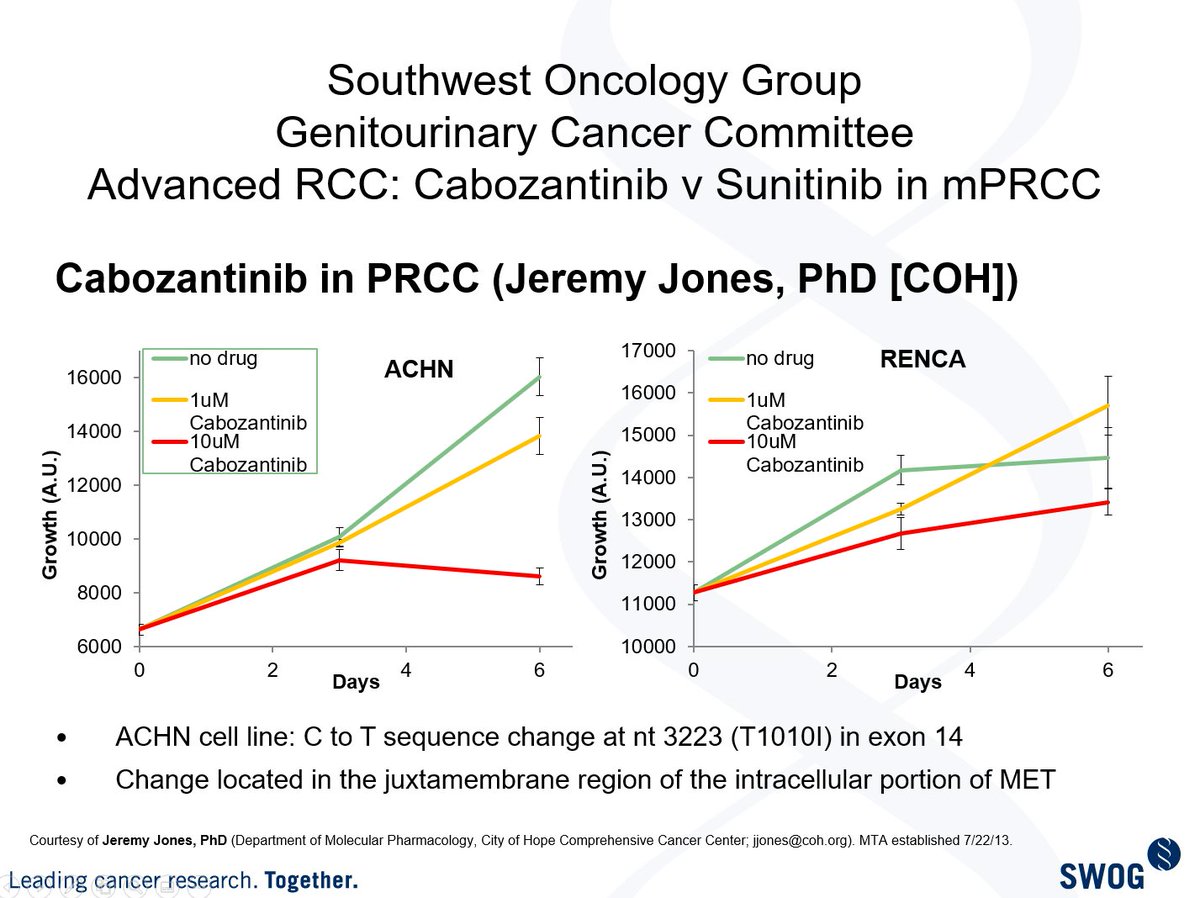

My take on #CheckMate274: Is adj CPI now SOC for #MIUC? Not yet. Here's the design presented today at @ASCO #GU21 - first, thanks to patients & investigators (#DrDeanBajorin, @MattGalsky) who should be commended for completing an adj trial in #bladdercancer - no small feat! (1/9) 

First, a trip down memory lane. Here is the data from IMvigor010 - adj atezo v observation. No diff in DFS/OS, period. No difference based on PD-L1 status. Could it be PD-1 v PD-L1? Hard to prove. Could it be obs v pbo control? (2/9) 







I stole this slide from @MattGalsky in a separate thread i came across. Here he nicely highlights the attrition on control and experimental arms. IMvigor010 lost a substantial proportion of folks due to "other" reasons on the observation arm. (3/9) 

1/ Our latest work was just published in @NatureMedicine!
Congratulations to first author Super-Star @BraunMDPhD and to all authors. #CathyWu #SachetShukla @LabSignoretti @VanAllenLab #FreemanLab #SharpeLab
@DanaFarberNews @DanaFarber
#kcsm #KidneyCancer
doi.org/10.1038/s41591…
Congratulations to first author Super-Star @BraunMDPhD and to all authors. #CathyWu #SachetShukla @LabSignoretti @VanAllenLab #FreemanLab #SharpeLab
@DanaFarberNews @DanaFarber
#kcsm #KidneyCancer
doi.org/10.1038/s41591…
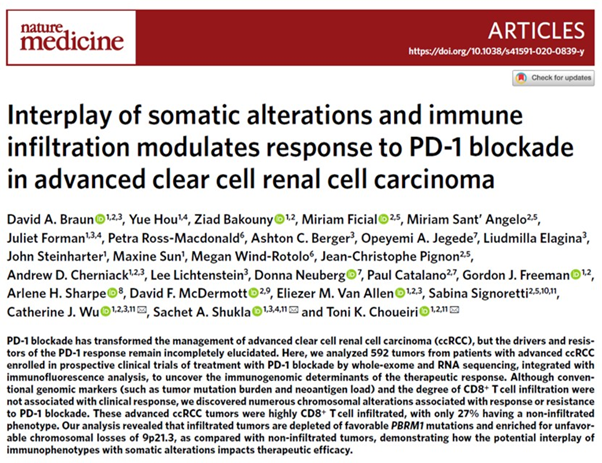
Super excited about our latest work on understanding how BMI impacts tumor outcomes and treatment response in #kidneycancer thelancet.com/journals/lanon….
This work was led by the awesome @ASanchez_UroOnc with generous grant support from @ConquerCancerFd and @sloan_kettering.
This work was led by the awesome @ASanchez_UroOnc with generous grant support from @ConquerCancerFd and @sloan_kettering.
A little background on our study. In 2013 in this study ncbi.nlm.nih.gov/pubmed/24285872 We initially found that higher BMI patients with localized ccRCC had better cancer specific outcomes. We linked this to unique transcriptomic profile of these tumors, including lower levels of FASN. 
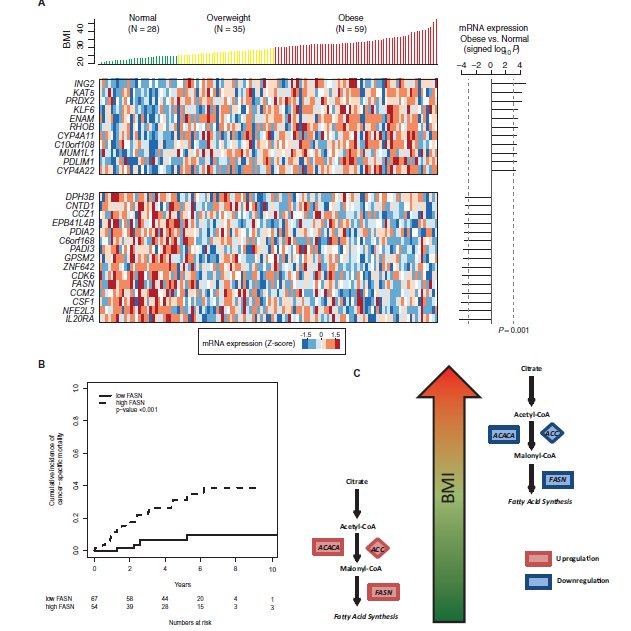
Next, we collaborated with @DrChoueiri @DrDanielHeng and @AlbigesL where they showed that obese patient responded better to anti-VEGF therapy. ncbi.nlm.nih.gov/pubmed/27601543 
